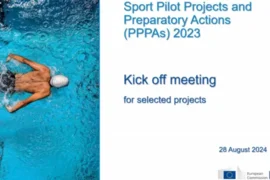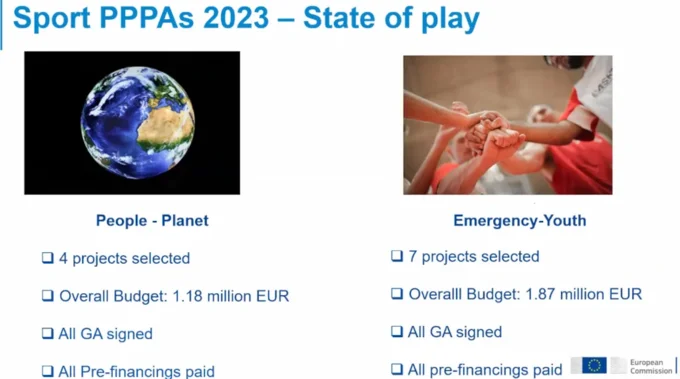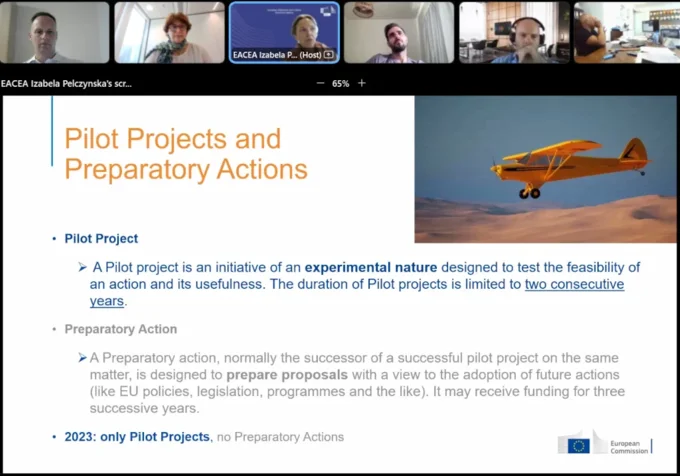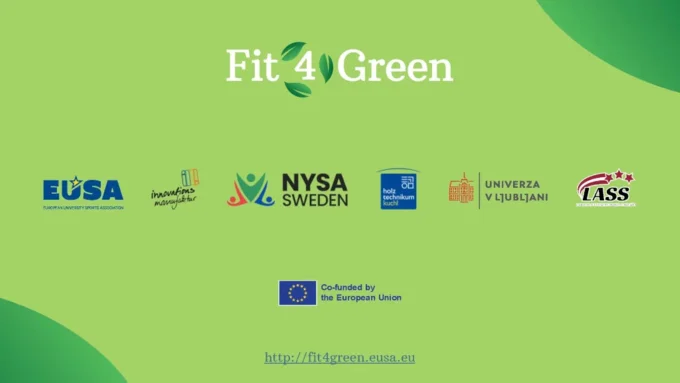EACEA Kickoff meeting for selected PPPA projects

European Education and Culture Executive Agency (EACEA) of the European Commission prepared an online kick off meeting on August 28 for the coordinators of the project selected in the 2023 call of the Sport Pilot Projects and Preparatory Actions (PPPA).
From the 2023 call, EACEA awarded 11 grants for the implementations of Pilot Projects and Preparatory Actions in the field of Sport. The projects were selected following two calls for proposals: the Pilot Projects People and Planet – a new approach on sustainability through sport in Europe and Emergency-Youth – emergency sport actions for youth.

On behalf of the European Union, EACEA representatives shared the key principles of the PPPA funding, which is an additional strand to the other EU funding opportunities in the field of sport, the main one being Erasmus+ actions in the field of sport. Pilot projects and preparatory actions are experimental initiatives designed to test the feasibility of new actions and prepare new programmes.

EUSA Institute as the applicant, together with project partners Holztechnikum Kuchl (AUT), University of Ljubljana (SLO), InnovationsManufaktur (GER), NYSA Sweden (SWE) and Latvian University Sports Federation (LAT) are implementing one of such projects, called Fit For Green (Fit4Green). Fit4Green brings together university sports organisations’ aspirations for more sustainable sport events and educational institutions’ need to fight unsustainable consumption practices at campuses.
For more information about PPPA, please see https://www.eacea.ec.europa.eu/grants/2021-2027/pilot-projects-and-preparatory-actions-pppas_en - where you can also find out about the open call through which you can submit project ideas for an emergency sport action for youth. For more information about Fit4Green project, please see https://fit4green.eusa.eu.

Fit4Green and other PPPA projects are Co-Funded by the European Union. Views and opinions expressed are however those of the author(s) only and do not necessarily reflect those of the European Union or the European Education and Culture Executive Agency (EACEA). Neither the European Union nor EACEA can be held responsible for them.

